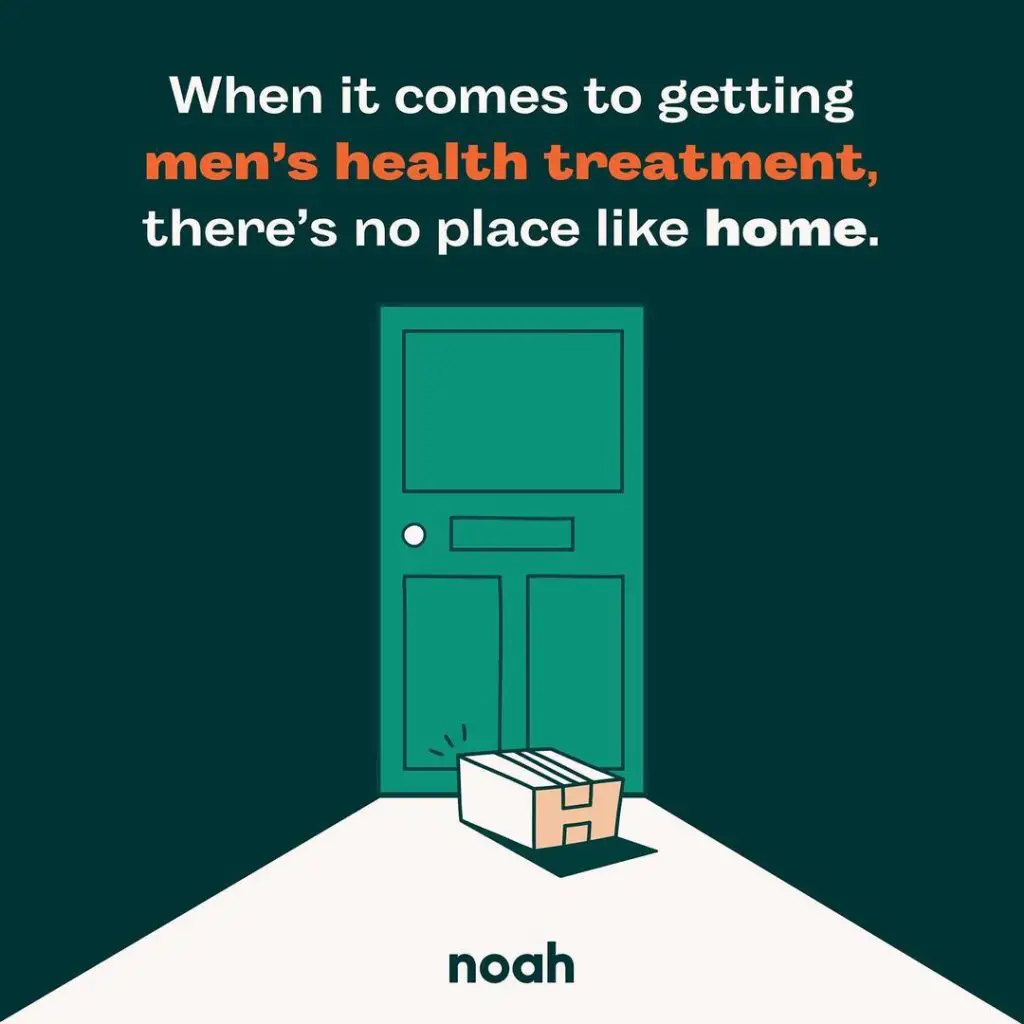It has been jokingly said that the number one health risk for men is procrastination. Research has shown that men go to the doctor less than women. They are also more likely to have a serious condition when they do go and see a doctor. Unfortunately, it seems like there is some truth to that statement.
Many guys do not prioritize their health, so going to the doctor when you’re healthy might not be at the top of your list. However, there are several benefits to routine medical visits for men in their 20s, 30s, 40s, and beyond. The biggest risks to men’s health are not a secret – they are well-known, common, and most importantly, often preventable.
Here are the common health issues men should look out for at every age:
1. In Your Teens

The adolescent years are a period of experimentation for boys. According to research, confident teenage boys who have support from their family and friends are less likely to succumb to peer pressure, make better judgments, and can navigate the challenges of adolescence more safely.
For teenage boys, having good mental health is crucial. Adolescent males’ mental health and welfare can be supported through close, stable connections at home, school, and in the community.
2. In Your 20s

Although there aren’t many age-related health issues for men in their 20s, this sense of invincibility might result in behaviors and habits that could cause significant health issues down the road. Additionally, you will most probably find yourself living on your own and having to take care of yourself. Men in this age should watch out for drinking, poor diet and skipping physical exams. It is also recommended that your blood pressure is checked every year.
Testosterone and sex drive are usually high in your 20s. Knowing how to protect against sexually transmitted infections (STIs) and pregnancy prevention in your sex partner are important knowledge to have. There are also men in their 20s who report erectile dysfunction (ED). This can happen due to a medical or mental health issue. It can also indicate that you are at risk for heart disease. Hence, it is vital that you discuss your symptoms with a doctor. If suitable, doctors will be able to prescribe you effective ED medication to help.
To learn more about ED medication and how they work, click here.
3. In Your 30s

In your 30s, many men begin to have some orthopedic issues. The body no longer heals as swiftly as it once did. There will also be some changes in metabolism and you will have to work harder to retain muscle mass and keep the excess weight off. It is recommended that every five years beginning at age 35, you should have your cholesterol and triglyceride levels checked. The physical examinations and blood pressure tests you started in your 20s should also continue.
Around the age of 35, testosterone gradually starts to decline. It normally declines by roughly 1% per year and this may have some effect on your sex drive. Stress is another huge factor as responsibilities in your family, career and financial life increases. Men who experience stress run a higher chance of having heart disease, type 2 diabetes, high blood pressure, and possibly a heart attack. Regular exercise and learning coping mechanisms to deal with stressful events are important to safeguard your health and mind.
4. In Your 40s

You’ll probably start noticing changes in your eyesight while you’re in your 40s. Acute injuries like hernias are also increasingly prevalent. You might want to start discussing prostate cancer screening with your doctor. Although most men begin colon cancer screenings at age 50, if a parent or sibling has the disease, you might need to start sooner. Prostate cancer is the most prevalent kind of cancer among males, second only to skin cancer. On top of all this, remember to maintain regular physical exams, blood pressure checks and cholesterol screenings. Men over the age of 45 are most at risk for heart disease, and cholesterol levels are closely related to this risk.
5. 50s and Beyond

Men who are 50 years of age or older should pay close attention to personal risk for different types of cancer. Despite the fact that colon cancer is the most prevalent type in older men, family history and lifestyle choices have a big influence on men’s risk for cancer. It’s also time to begin paying your heart a lot more attention. Continue seeing your doctor on a regular basis to remain on top of any major medical concerns.
By 50 years of age, around 85% of men will have significant hair thinning. Erectile dysfunction (ED) also becomes more common. However, it’s not an age issue; rather, it’s age-related health issues like heart disease, diabetes, high cholesterol, and obesity, as well as the medications used to treat them, that are to blame. This is when you should discuss your choices for treating ED with your doctor.
Introducing Noah – Because health starts with ‘He’
Launched during Singapore’s lockdown period in May 2020, the idea for Noah came about because it was difficult to access physical clinics at that time. Along with founder Sean Low’s brush with ED which is a very common health issue in men, he was inspired to build a telemedicine platform to address this problem.
Noah provides a discrete and streamlined procedure for men’s health-related concerns including erectile dysfunction (ED) and premature ejaculation (PE) where they can receive advice and treatment. Noah sets itself apart by developing its services with the patient experience at its core. Clients will have access to a network of medical specialists in fields including relationships, sexuality, men’s health, and aesthetics. Since its launch, there have been more than 30,000 clients in Singapore who have used the platform.

How does it work?
It is easy to get started – visit their website and choose the health concern that you would like to be evaluated on. You can opt between an online evaluation followed by a teleconsult which is the more affordable option. If you are prescribed any medication, it will be delivered discreetly to you within 4 hours and free of charge. Alternatively, you can skip the evaluation and speak to a doctor directly.
There is no more excuse when healthcare for men is this simple, affordable and accessible. For more information, do check out their website and follow them on social media: Facebook & Instagram.















